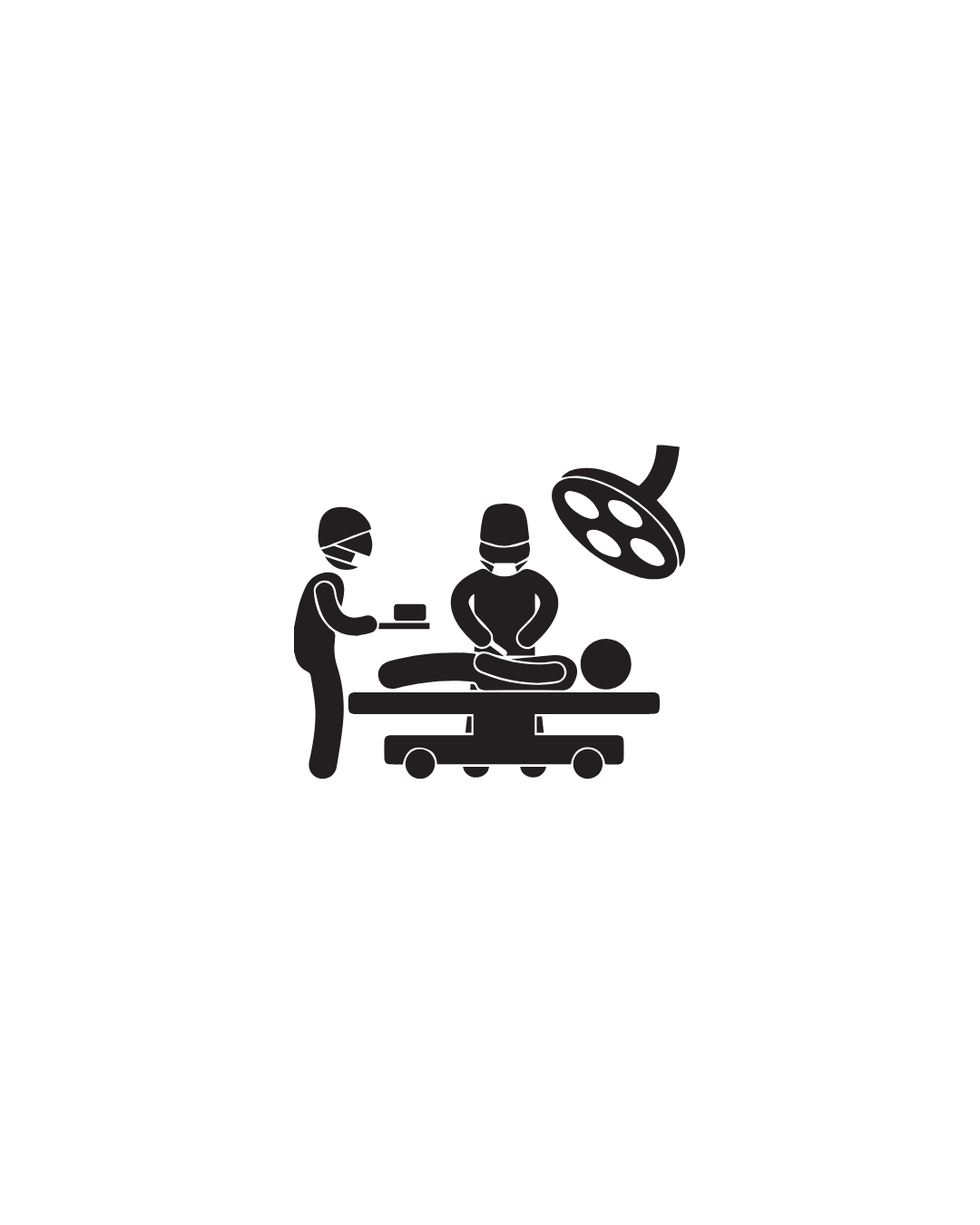Description
Overview of Master of Science in Operation Theater Technology (M.Sc in OTT)
The Master of Science in Operation Theater Technology (M.Sc in OTT) program is designed to equip professionals with advanced knowledge and skills required for effective management and operation of surgical services in healthcare settings. This program focuses on the technical, administrative, and clinical aspects of operating theater management, ensuring that graduates can contribute to improving surgical outcomes and patient safety.
Core Areas of Study in M.Sc in Operation Theater Technology
Surgical Techniques and Procedures
In-depth exploration of various surgical procedures, including general and specialized surgeries, with a focus on the roles of surgical technologists during operations.
Anesthesia Technology
Study of anesthesia types, administration techniques, monitoring, and the critical role of anesthesia care in surgery.
Surgical Equipment and Technology
Understanding of the various surgical instruments and technologies used in the operating room, including sterilization techniques and equipment maintenance.
Patient Safety and Infection Control
Principles of infection prevention and control in the operating theater, emphasizing guidelines, protocols, and best practices for patient safety.
Operation Theater Management
Strategies for managing surgical services, including scheduling, resource allocation, and staff management.
Emergency Preparedness
Training in crisis management and response to emergencies that may occur during surgical procedures.
Clinical Skills Development
Hands-on training to develop practical skills essential for assisting in surgeries and managing the operational aspects of the operating theater.
Research and Evidence-Based Practice
Emphasis on conducting research in surgical practices and applying evidence-based solutions to improve patient outcomes and operational efficiency.
Ethics and Professionalism in Healthcare
Understanding ethical considerations, legal issues, and professional standards relevant to surgical practice and healthcare delivery.
Curriculum Structure
A typical M.Sc in Operation Theater Technology program might include:
Core Courses: Required coursework covering essential topics in surgical technology, anesthesia management, and operating room protocols.
Elective Courses: Options for specialization in areas such as minimally invasive surgery, advanced anesthesia techniques, or surgical management in specific specialties.
Clinical Practicum or Internship: Hands-on experience in operating theaters, providing students with real-world application of their studies and enhancing practical skills.
Capstone Project or Thesis: A research project that addresses a specific issue in operation theater technology, allowing students to contribute new knowledge to the field.
Admission Requirements
Admission to an M.Sc in Operation Theater Technology program typically involves:
A bachelor?s degree in a relevant field, such as nursing, allied health sciences, or surgical technology.
Relevant clinical experience or certification in surgical technology or a related area.
A minimum GPA or specific academic performance criteria as established by the institution.
Letters of recommendation from professional or academic sources.
A personal statement outlining the candidate’s motivation and career goals in operation theater technology.
Skills Developed in an M.Sc in OTT Program
Graduates of the Master of Science in Operation Theater Technology program will develop a range of skills, including:
Technical Proficiency: Expertise in surgical techniques, anesthesia management, and the use of surgical instruments.
Clinical Assessment and Support: Ability to assist surgeons effectively, understand patient needs, and contribute to surgical preparation and care.
Leadership and Management Skills: Skills needed to manage surgical teams, coordinate operations, and optimize resource use.
Research and Analytical Skills: Competence in conducting research to improve surgical practices and patient care outcomes.
Effective Communication: Skills for interacting with patients, families, and healthcare team members, fostering collaboration in surgical environments.
Career Opportunities
Graduates with a Master of Science in Operation Theater Technology can pursue various career paths, including:
Surgical Technologist
Assisting in surgical procedures and ensuring a sterile environment for surgeries.
Operation Theater Manager
Overseeing the operations of surgical departments, including staffing, scheduling, and compliance with safety standards.
Anesthesia Technologist
Assisting anesthesiologists in the administration and monitoring of anesthesia during surgical procedures.
Clinical Educator in Surgical Technology
Teaching courses and training students in surgical techniques and operation theater practices.
Quality Assurance Specialist
Implementing quality control measures and best practices in surgical settings to enhance patient safety and improve outcomes.
Researcher in Surgical Practices
Engaging in research to advance knowledge and practices in operation theater technology and surgery.
Conclusion
The Master of Science in Operation Theater Technology program provides comprehensive training and education for aspiring professionals in surgical services. With an emphasis on technical skills, patient safety, and leadership, graduates are well-prepared to excel in various roles within the healthcare field. If you have more questions about the M.Sc in Operation Theater Technology program or related topics, feel free to ask!









